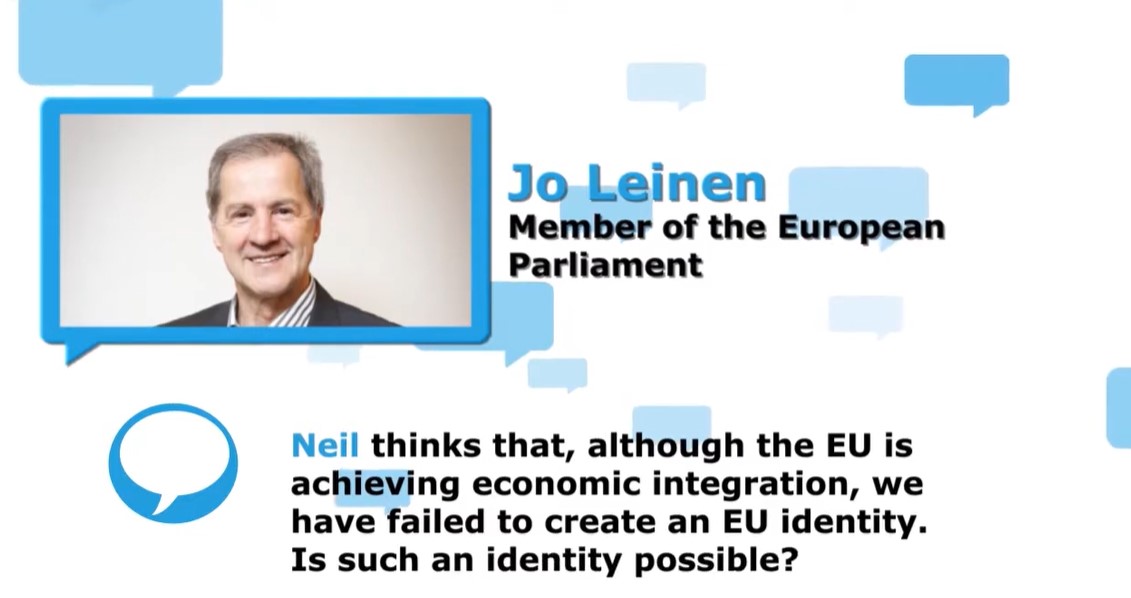Events
What does it mean to YOU to be “European”?
Material
Download
The question of what it means to be “European” comes up regularly on Debating Europe. In the past, we’ve debated whether a common European identity is possible, whether you feel European, and what EU citizenship means to you. These are all important questions, and your opinion on almost every topic we cover – from immigration, to Eurozone bailouts, to relations with Russia – will be informed by what “Europeanness” means to you (and that’s equally true for our non-European readers).
Eurosceptics often point to the lack of a “European demos” as a fundamental flaw in the project of European integration, whereas pro-Europeans argue that Europe’s common identity is based on common values and a shared way of life.
But what are European values? Is liberal democracy a shared European value? When the Prime Minister of Hungary can say that liberal democracy has failed and that he intends to build an “illiberal state”, it’s difficult to see how that can be the case.
What about human rights? In a 2012 Eurostat poll (pdf), this was the value that most people identified as being shared across Europe. Yet, as the recent bitter row over British membership of the European Convention on Human Rights illustrates, there is little agreement as to exactly what “human rights” entail in practice and how they should be enforced.
We had a comment from Neil that condemned the failure to build a strong, common EU identity to match the progress made in European economic and political integration:
? Although we are securing EU socio-political and economic integration, we have lost out on shaping the concept of an EU identity, as well as having lost out on our national identities. Both the “EU Super State” concept and nationalistic viewpoints seem to be two polar opposites that have no middle ground. This has happened because I believe we have stopped building a national mainstream heritage that identifies and fits into our EU identity.
To get a reaction, we took Neil’s comment to Jo Leinen, a German social democratic MEP and President of the European Movement International, an organisation that campaigns for stronger European integration. Have a listen here.
Jo Leinen argues that there is a “European way of life”, based on a common European social model (although there are variations from country to country). He goes on to identify the core values of solidarity, equality, and inclusivity as being fundamental to this way of life.
We’ve put together an infographic below with some of the relevant polling by Eurobarometer on this issue. Interestingly, when asked what contributes most to their sense of community with other Europeans, more people (27%) cite culture than economy (24%). Also of note: a majority of people polled (51%) said they see themselves as having both a national and a European identity (in that order).

What does it mean to be European? Is European identity about shared values and a shared way of life? Or is Europe just an arbitrary name on a map, much less important than national and individual identities? Let us know your thoughts and comments in the form below, and we’ll take them to policy-makers and experts for their reactions!
IMAGE CREDITS: CC / Flickr – European Parliament
